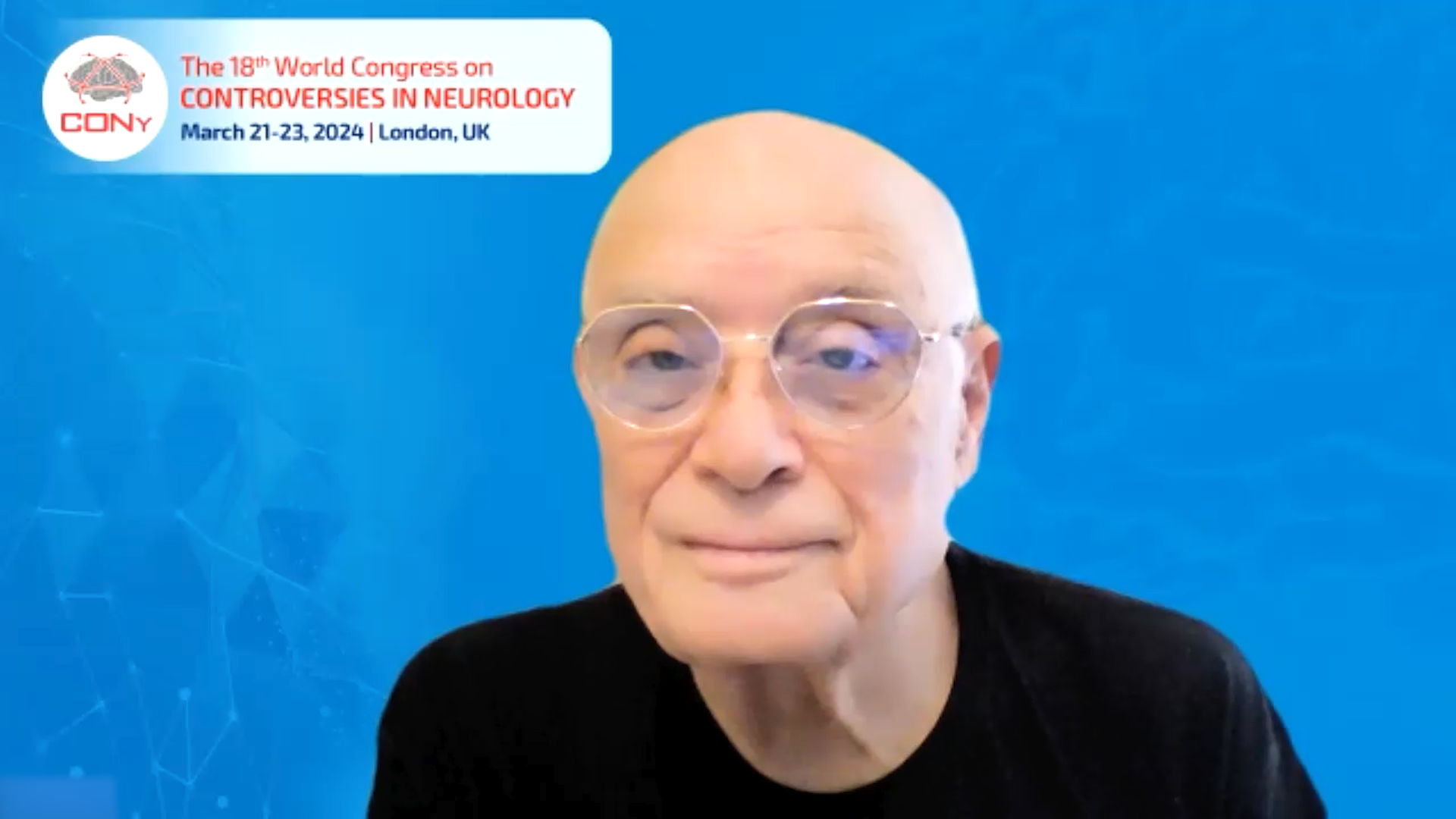Brenda Banwell, MD, Chief, Division of Neurology, Professor of Neurology, Perelman School of Medicine at the University of Pennsylvania, said that there are 3 areas of treatment associated with pediatric multiple sclerosis (MS). The first is the treatment of the acute attack. The acute attack, or relapse, is treated the same in both pediatric and adult cases with corticosteroids or immunoglobulin. The second treatment area is chronic multiple sclerosis where first-line therapies are utilized like Interferon beta 1a, Interferon beta 1b, and glatiramer acetate. Finally, there is escalation therapy, which can be treated with natalizumab. International consensus guidelines and shared care models are used by clinicians to treat patients because there are no clinical trials for the treatment of pediatric MS today.
Treatment Options for Pediatric Multiple Sclerosis:Brenda Banwell, MD

Trending Topic
The 17th World Congress on Controversies in Neurology (CONy) took place March 23-25 2023 in Dubrovnik, Croatia. Prof. Amos D. Korczyn, CONy President (University of Tel-Aviv, Tel-Aviv, Israel) joined touchNEUROLOGY to discuss the main aims and focus of the recent CONy meeting, the unique debate presentation style, and the most exciting debates, topics and highlights […]
Related Videos in Paediatric Neurology

The TSC Alliance is an internationally recognized non-profit organization that aims to improve the lives of people with tuberous sclerosis complex (TSC). TSC is a genetic disorder that causes tumours to form in many different organs, primarily in the brain, ...

The TSC Alliance is an internationally recognized non-profit organization that aims to improve the lives of people with tuberous sclerosis complex (TSC). TSC is a genetic disorder that causes tumours to form in many different organs, primarily in the brain, ...

Dravet Syndrome (DS) is a rare neurological condition, beginning in infancy and lasting a lifetime. touchNEUROLOGY were joined by Galia Wilson, Chair and Trustee of Dravet Syndrome UK (DSUK), a charity created in 2008 by a group of parents who came ...

Dravet Syndrome (DS) is a rare neurological condition, beginning in infancy and lasting a lifetime. touchNEUROLOGY were joined by Galia Wilson, Chair and Trustee of Dravet Syndrome UK (DSUK), a charity created in 2008 by a group of parents who came ...

Dravet Syndrome (DS) is a rare neurological condition, beginning in infancy and lasting a lifetime. touchNEUROLOGY were joined by Galia Wilson, Chair and Trustee of Dravet Syndrome UK (DSUK), a charity created in 2008 by a group of parents who came ...

Dr Meeryo Choe (UCLA David Geffen School of Medicine, Los Angeles, CA, USA) offers advice to young women embarking on a career in medicine and discusses the support on offer to those who wish to embark on leadership roles. Questions 1. ...

We were delighted to talk to Ingrid Scheffer (The University of Melbourne, The Royal Children’s Hospital and Austin Health, Victoria, Australia) regarding the open-label extension study of fenfluramine in patients with Dravet syndrome (Clinical Trial Identifier: NCT02823145). The abstract ‘...

We caught up with Kelly Knupp (University of Colorado, Anschutz Medical Campus, Children's Hospital Colorado, CO, USA) to discuss the use of fenfluramine for the reduction of seizures associated with Lennox-Gastaut syndrome. (Clinical Trial Identifier: NCT03355209). The abstract ‘Efficacy and ...

Christopher Glisson (Mercy Health Hauenstein Neurosciences, Michigan, USA) kindly took the time to talk us on the topic of his update session at AAN on pediatric neuro-ophthalmology. Questions What are the particular challenges of paediatric as opposed to adult ...
Latest articles videos and clinical updates - straight to your inbox
Log into your Touch Account
Earn and track your CME credits on the go, save articles for later, and follow the latest congress coverage.
Register now for FREE Access
Register for free to hear about the latest expert-led education, peer-reviewed articles, conference highlights, and innovative CME activities.
Sign up with an Email
Or use a Social Account.
This Functionality is for
Members Only
Explore the latest in medical education and stay current in your field. Create a free account to track your learning.


